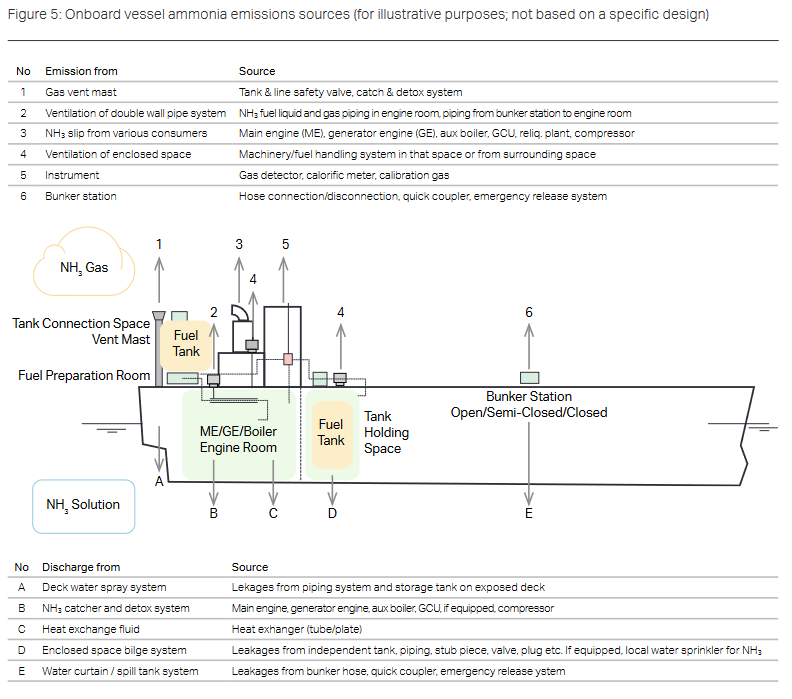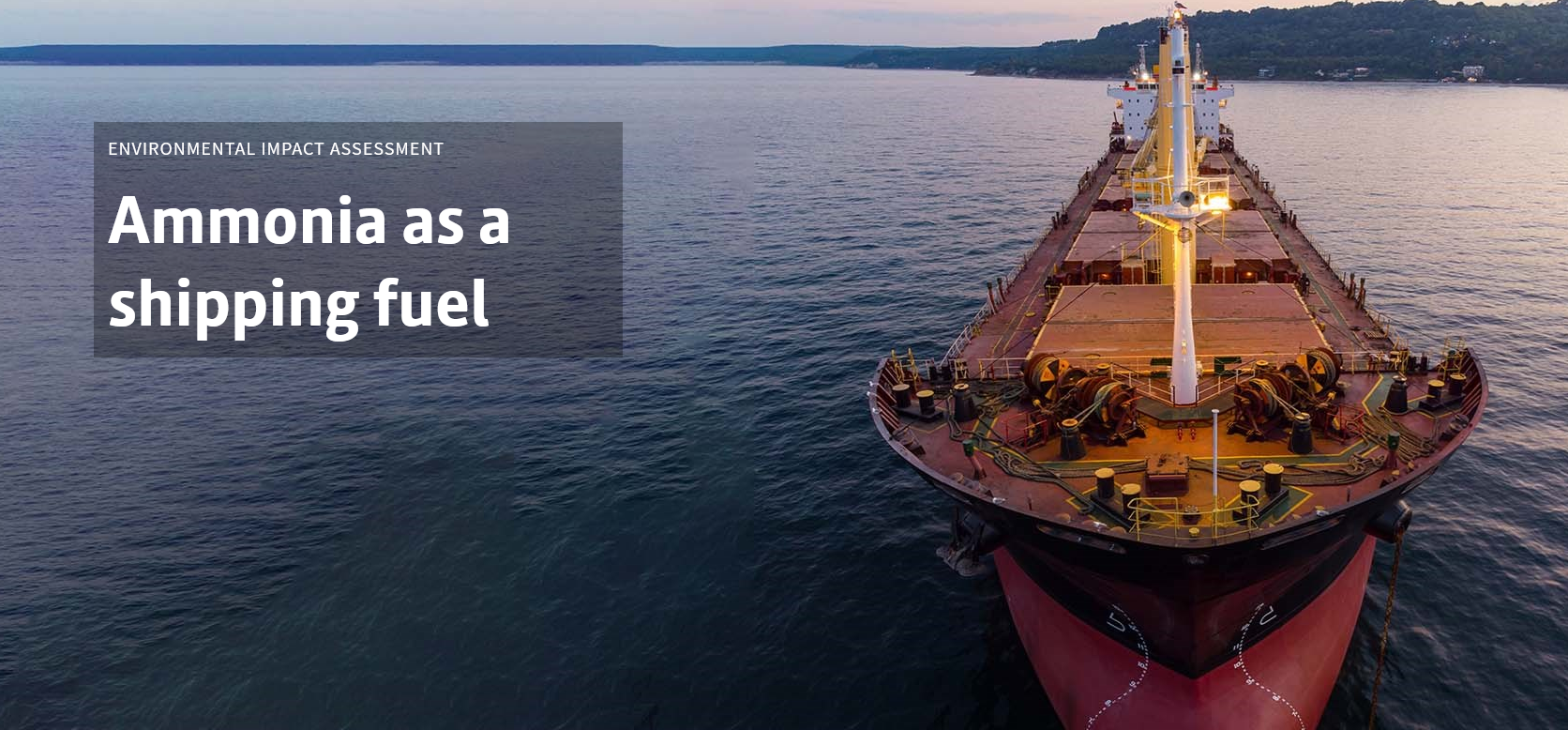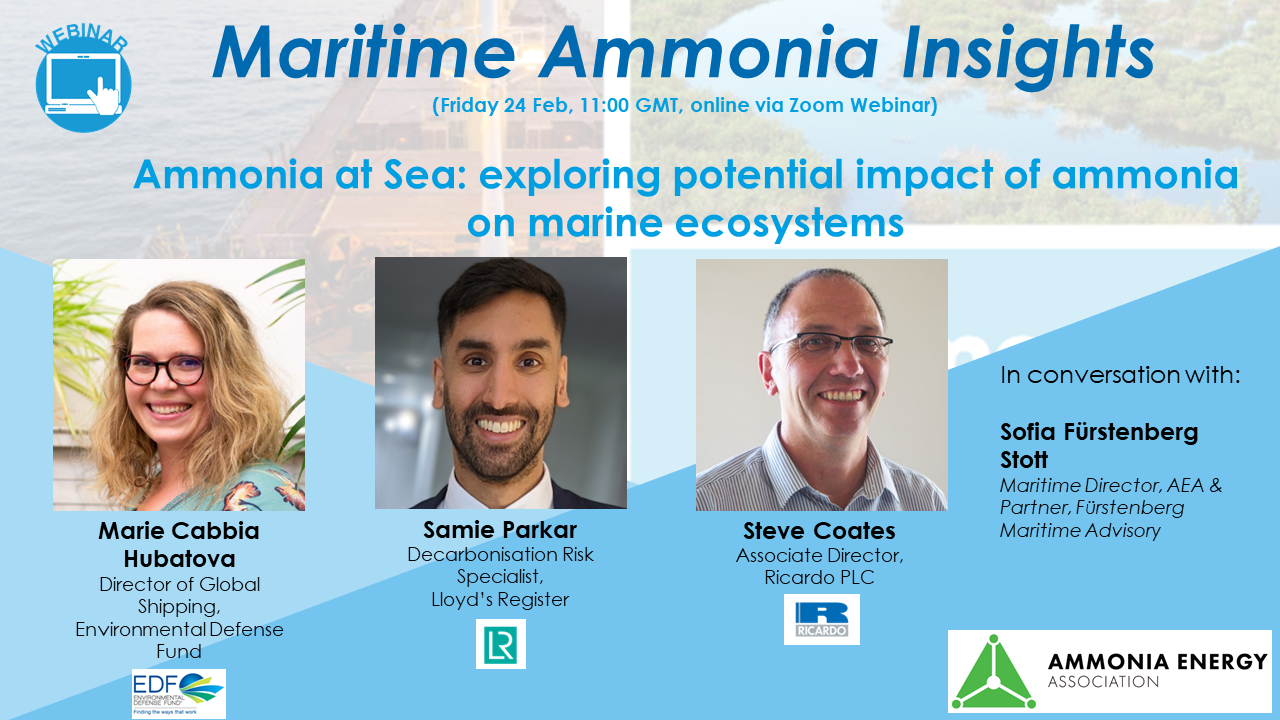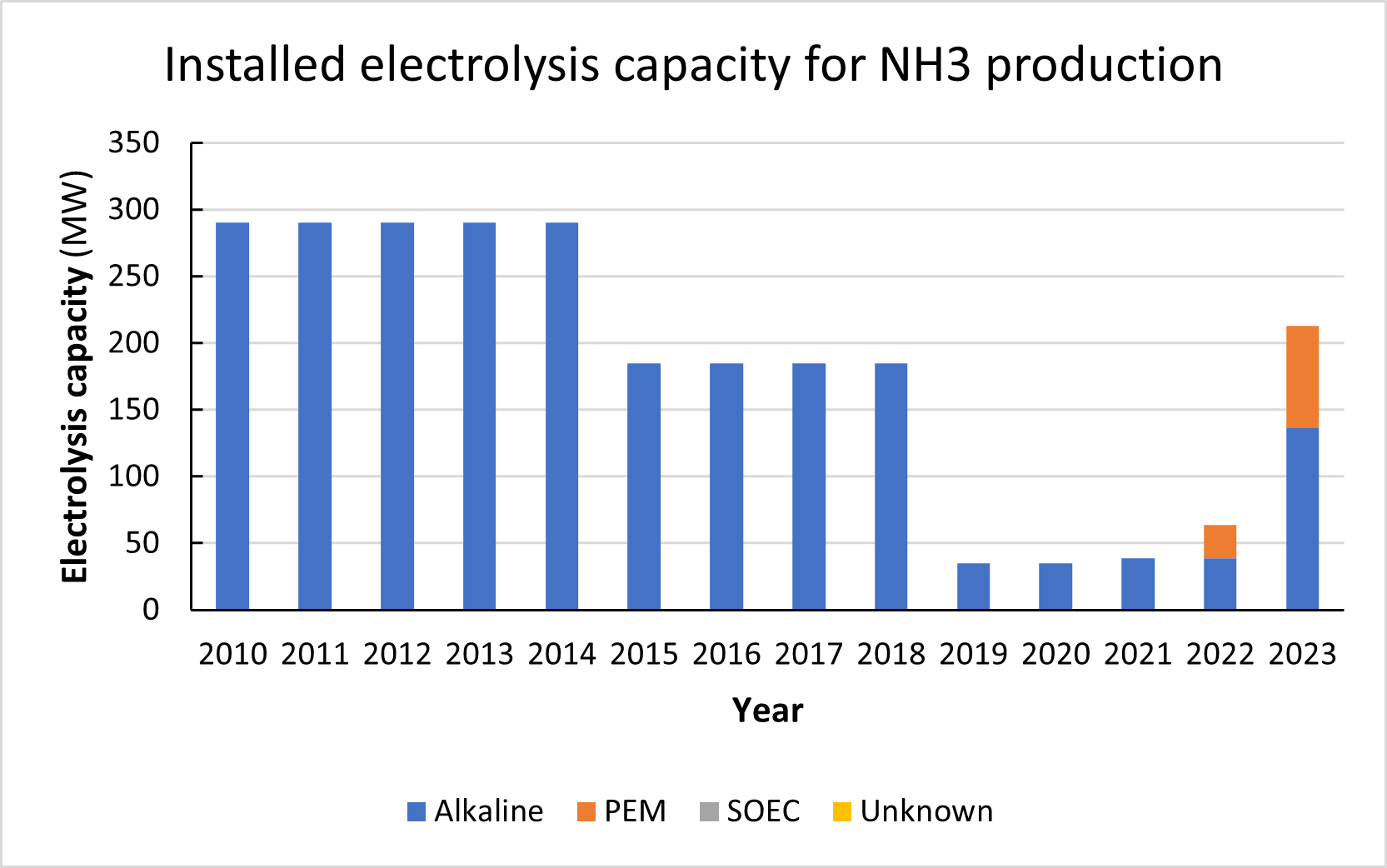Mitigating emissions risks from ammonia-powered vessels
Technology solutions to manage emissions from ammonia-powered internal combustion engines will be commercially available on a similar timeline to the engines themselves, a new report from the Mærsk Mc-Kinney Møller Center concludes. Although the authors are confident ammonia combustion emissions (including the potent greenhouse molecule N2O) will be successfully minimised, key gaps include a lack of industry-wide emissions thresholds and a poor understanding of the well-to-tank emissions of ammonia fuel, particularly CCS-based ammonia.







